Engaging with Vocabulary
During this Knowledge Block we explore the relationships between vocabulary development, oral language, reading comprehension, and written expression. Participants will learn about the features of evidence-based vocabulary instruction, including which words to prioritize for instruction. Participants will also learn classroom strategies for growing vocabulary, including an explicit instructional routine for introducing new words.
Who should take this Knowledge Block:
- K-12 educators and administrators
What you will learn:
- The relationship between vocabulary acquisition and oral language development
- How words and learned and stored in the brain
- A research validated framework for categorizing words and prioritizing words for instruction
- A sample instructional routine for explicit vocabulary instruction
- Learning tasks to supplement vocabulary instruction
Materials provided:
-
- Note taking handout for participants during the session
- Article: Explicit Vocabulary Instruction to Build Equitable Access for All Learners by NCIL (National Center on Improving Literacy)
- Florida Center for Reading Research PDF templates
- PDF of all slides in handout form
Certifications:
- Certificate of Completion
Engaging with Vocabulary
$200.00
Participants will learn how to decide which vocabulary words to teach and a sample routine for explicit instruction.
Additional Knowledge Blocks
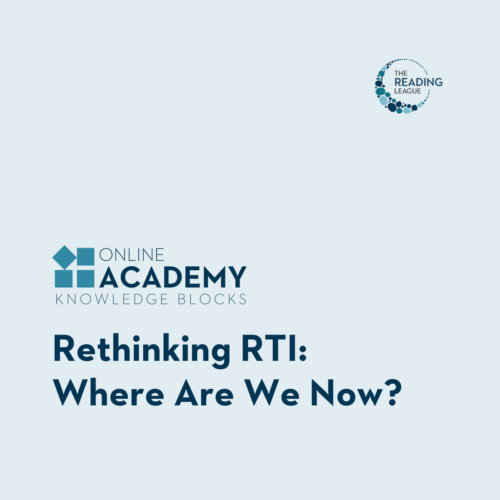
Rethinking RTI: Where Are We Now?
Participants will learn the intent behind Response to Intervention (RTI), what has actually happened in schools, and what this means in today’s unique contexts.
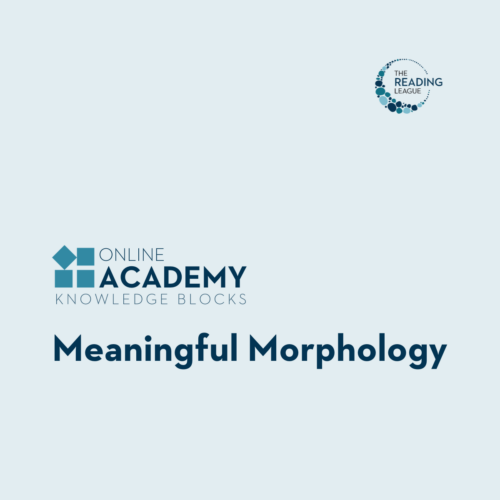
Meaningful Morphology
Knowledge of morphology provides insight into both the meaning and spelling of words. Participants will deepen their knowledge of morphology while also learning key features of morphological instruction in the classroom.
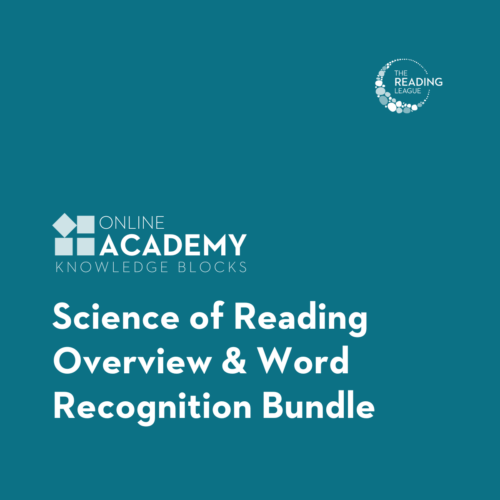
Science of Reading Overview & Word Recognition Bundle
Save $200 with this four session bundle! Perfect for anyone new to the science of reading or for anyone who wants to deepen their understanding of how skilled reading develops.
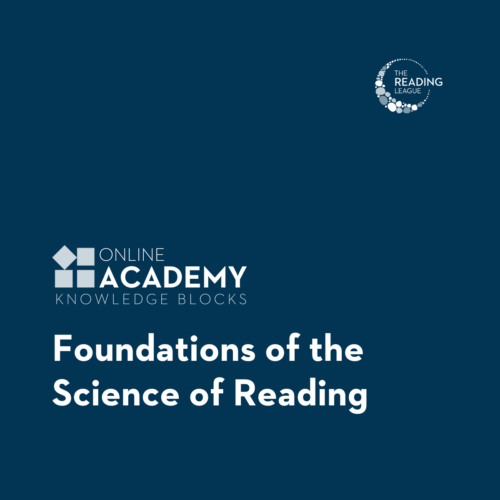
Foundations of the Science of Reading
The Science of Reading embodies over 40 years of research findings from multiple fields of study that shine a light on key fundamental principles of reading instruction. Participants will learn about three “anchors” that have emerged from this research.
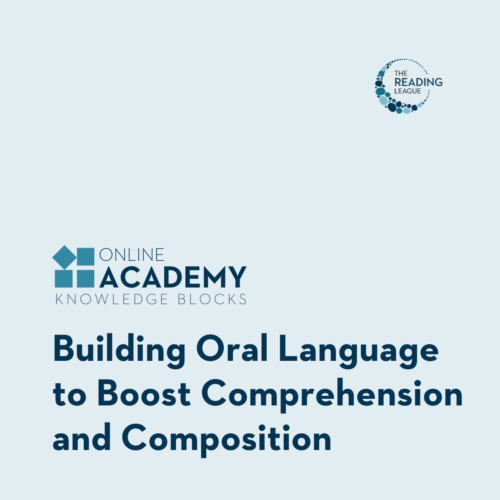
Building Oral Language to Boost Comprehension & Composition
Oral language is the foundation for future reading and writing tasks. Participants will learn how to integrate opportunities for oral language development in the classroom.
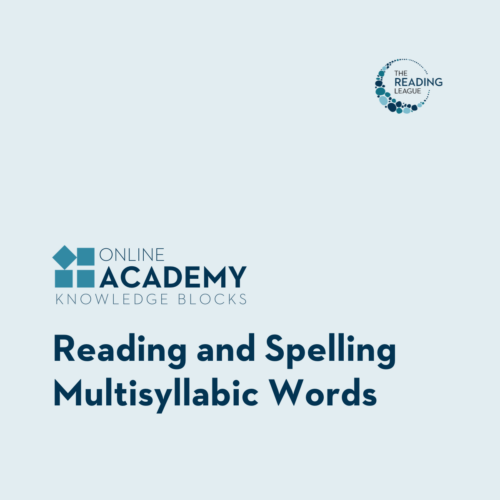
Reading and Spelling Multisyllabic Words
Learn the 6 major syllable types in English and instructional routines for teaching students to read and spell multisyllabic words.
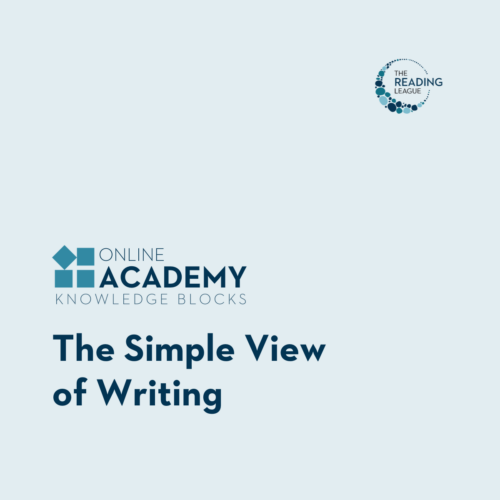
The Simple View of Writing
Two key factors contribute to skilled written expression. Participants will learn the subcomponents of these factors, with a particular emphasis on the importance of handwriting fluency.
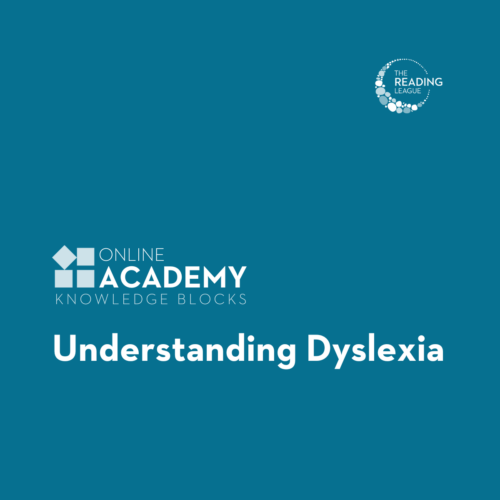
Understanding Dyslexia
There are many misconceptions about what dyslexia is and is not. Participants will learn critical indicators of dyslexia and the legal nuances of a dyslexia diagnosis in schools.
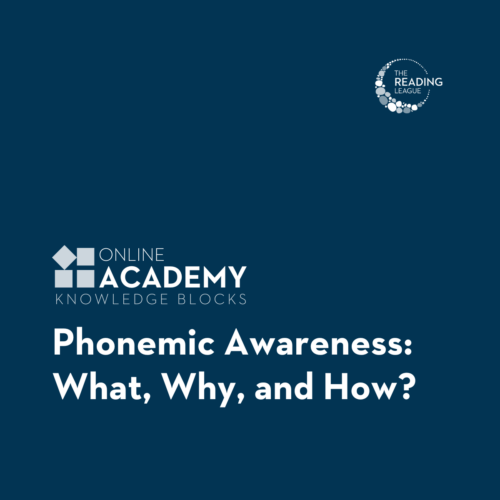
Phonemic Awareness: What, Why, and How?
Phonemic awareness predicts future reading success. Participants will learn how to teach and assess phonemic awareness skills.